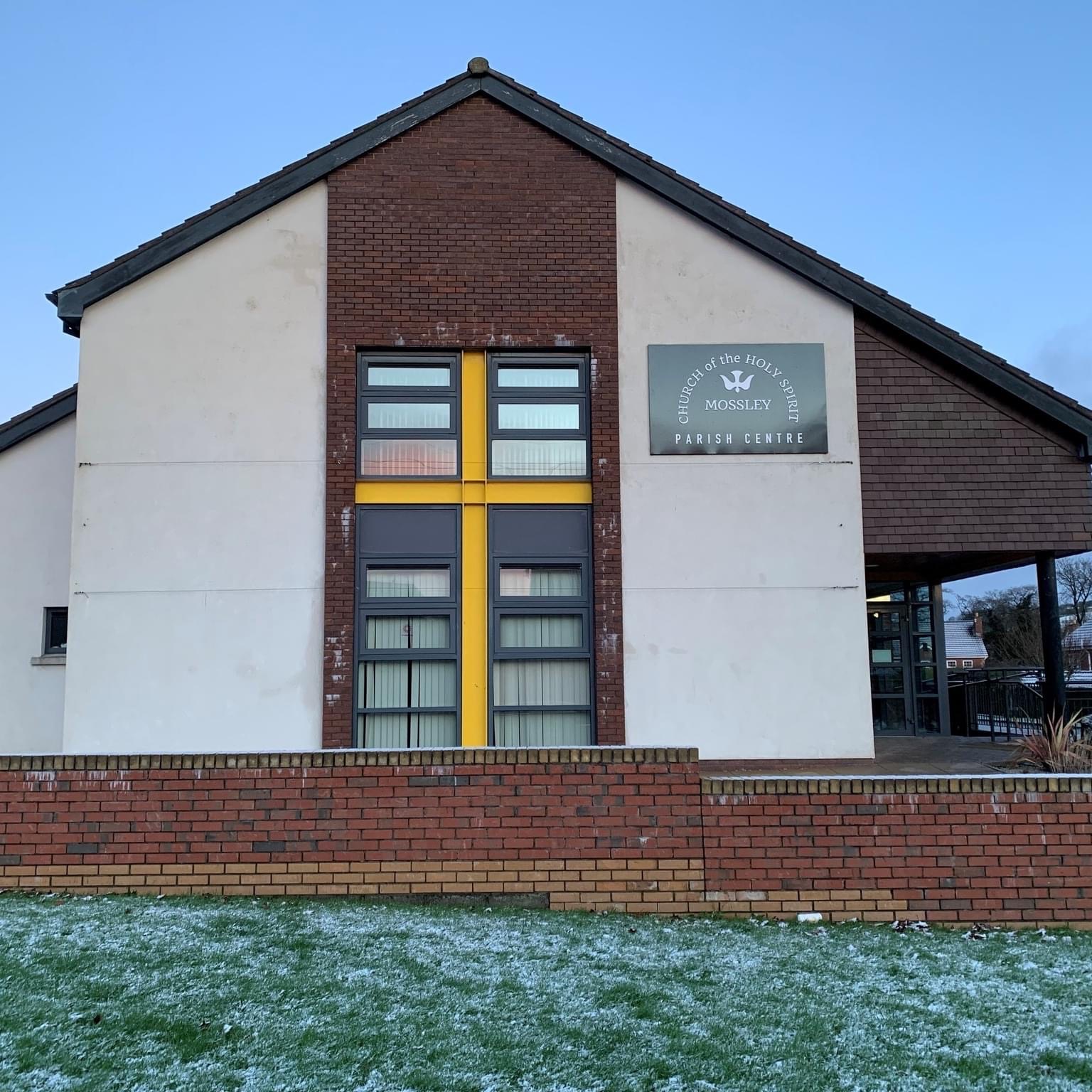Jargon explained
Christians tend to use a lot of religious words and phrases whose meaning may not be obvious to everyone. "Grace", for example, doesn't just mean "elegance" - it's something much better... We've listed a few of the most common ones below, along with a short description. If the word or phrase you're searching for isn't listed here, check out this site which has a pretty comprehensive list. If you're still not sure, ask us and we'll try to clue you in!| Term | Meaning |
|---|---|
| Ascension | After Jesus was killed on the cross, he rose from the dead and walked on the earth for a while. After this he went to heaven to be with his Father, and this journey to heaven is called the Ascension. It literally means "to go up". |
| Baptism | A special service where a person publicly declares that they are a Christian and promises to try to live by Jesus' example. In our church we do this when a child is born but, since they are not old enough to understand, their parents make the promises for them. When they are old enough, the children re-affirm these promises at their #Confirmation]. |
| Catholic | A Catholic church is one which can trace its beliefs and ancestry back to the first followers of Jesus. We are a Catholic church. When we say "Catholic" here in Northern Ireland we usually mean "Roman Catholic" which is the part of the Catholic church that is ruled by the Pope in Rome. |
| Christ | The people of Old Testament times (BC, not AD) foretold the coming of the "Christ", a mighty priest, prophet and king. This Christ was Jesus, the Son of God. |
| Confirmation | When a person is old enough, usually around 12 or 13, we encourage them to put their faith in God and to publicly confirm this at a special service called Confirmation. Many people didn't get the chance to do this when they were young, or weren't Christians until recently, so plenty of adults take part in Confirmation as well. Are you interested in Confirmation? |
| Gospel | The first four books of the New Testament part of the bible: Matthew, Mark, Luke, and John. The Gospels tell the Good News of Jesus' life and death and the amazing gift of [grace he gives us. |
| Grace | Giving something good to someone when they don't deserve it. God freely gave his Son, Jesus, to be sacrificed in our place so we could live with him forever. |
| Holy Communion | At Jesus' last meal with his friends (the "Last Supper"), he ate bread and drank wine, and then explained how these symbolised his death and the sacrifice he was making. The bread and wine remind us of how he willingly died for us, for our forgiveness. We need to receive Holy Communion regularly for our spiritual health just as we need to eat regularly for our physical health. We take part in Holy Communion at a special Church Service each month where we drink wine and eat bread like Jesus did that night. |
| Holy Spirit | The third part of God, along with the Father, and the Son (Jesus). Many people don't realise that the Holy Spirit is a person just like Jesus. Our Church is named after the Holy Spirit because we believe He plays such an important part in the lives of Christians. (more) |
| Lay Reader | A regular church-goer who has trained to help lead our church services. They often help the Rector or whoever else is leading the service by preaching or organising Holy Communion. |
| Lent | The name for the period of 40 days before Easter each year. It starts on Ash Wednesday and is traditionally a time of reflection and fasting. |
| Pentecost | The time when the Holy Spirit first came to Earth. This is considered to be the birthday of the Christian Church. (Read about Pentecost) |
| Salvation | When we accept in our hearts the Good News of what Jesus has done for us, this is called "salvation" since we are saved from spending eternity without God. |
Page last updated by Michael on 26th August 2014 at 2:32 pm
